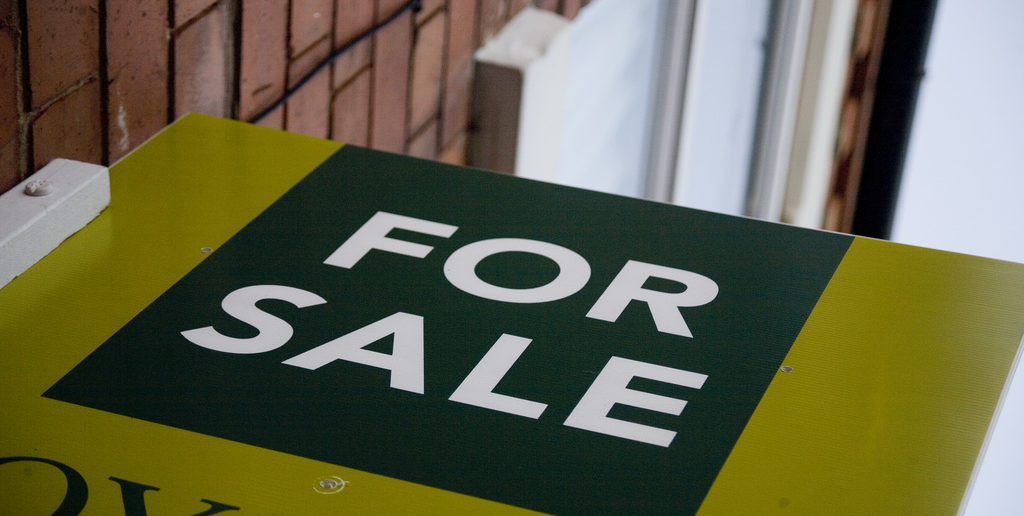As government policies continue to prop up the housing bubble in the UK, Australia has started to see prices fall, with a 0.5 percent decline in the national median house price in the year to March.
This is the second quarter in a row prices have fallen in Australia, and a National Australia Bank study put the decline down to a drop-off in foreign buyer interest – with overseas buyers making up 7.2 percent of sales in the quarter, down from 8.6 percent in the three months prior.
Analysts have long warned that London will see a house price crash when foreign buyers lose interest in the capital, but with median London house prices rising at around £500 per day this year, the capital’s property market remains a popular place for the international elites to stash their cash.
The UK and Australia are useful comparisons, with median house prices in London and Sydney both reaching eye-watering levels of around £500,000 over the last few years. However, the median price over the whole of Australia is AUD $719,024 (£352,000), much closer to the prices in the capital than in England and Wales, where the median price is just £187,000.
First time buyers continue to be priced out the market in London, as demonstrated by the move from Nationwide to raise the age limit for people paying off mortgages by 10 years to 85. And there is little room for hope that prices will fall anytime soon in the capital, with the government treating house prices as an instrument to be protected in the current Brexit debate.
Meanwhile, analysts have predicted a 10 percent decline in House prices in Australia by 2020, but have reassured the market that there will not be a US-style housing collapse. While Australian house prices have seen a dramatic increase since 1990, Australian lenders have been more responsible and sub-prime mortgages only make up around two percent of the market in Australia, compared to 14 percent in the US before the financial collapse.
The responsible actions of mortgage lenders in Australia, somewhat shielded the country from the financial collapse, and Australia has more recently gone further with the management of similar securities held against other items of property with the creation of the Personal Property Securities Register (PPSR). A basic PPSR search gives buyers of pre-owned cars, boats, and other high value items of personal property the ability to see whether any individual or organisation holds a security interest on an item before purchase – and in should increase the availability of credit for such items as it reduces risk in the transaction.
Australia’s more risk-averse approach to securities should continue to protect the Australian economy from any huge collapses in the future, even if house prices dip as predicted. In London, however, the conditions successive governments have prevented the housing boom that has lasted more than two decades from popping, and when it does it is likely to be far more destructive.




